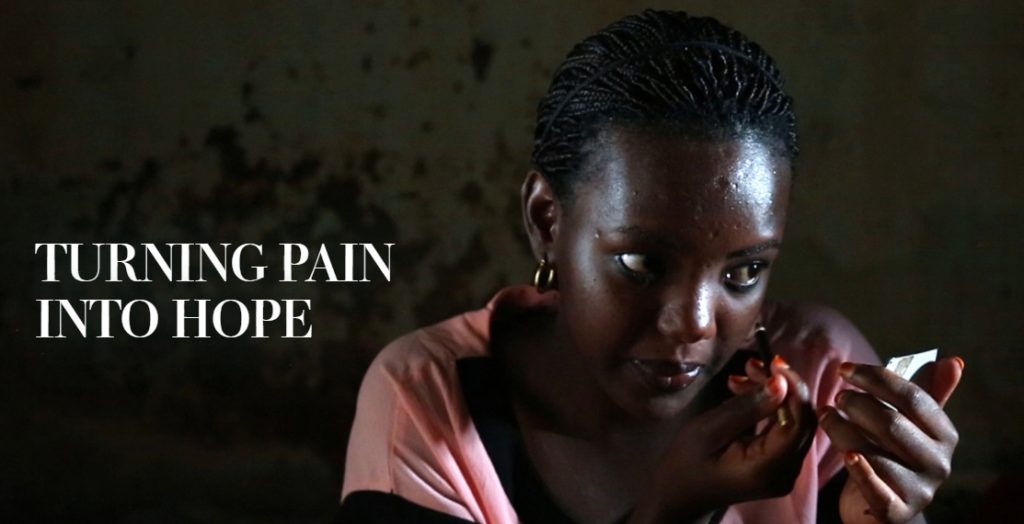
Rwanda’s children of rape are coming of age — against the odds.
By Danielle Paquette, The Washington Post.
Angel was 11 the last time her mother tried to kill her. She remembers the handful of rat poison pellets, the urging: Take this. She screamed until a neighbor rushed over and pulled her away.
That was a decade ago, before the counseling, and now Angel’s mother is bending over her shoulder, pouring her a cup of black tea. They share a bed, a concrete house without electricity and a history that horrified the world.
Over a hundred days in 1994, genocide devastated Rwanda, an East African country the size of Maryland. The assailants claimed roughly 800,000 lives and raped an estimated 250,000 women, which, according to one charity’s count, produced up to 20,000 babies.
Angel is part of this generation in the shadows. These young people are now stepping into adulthood, coming to terms with an identity no parent would wish on a child. Yet they are defying expectations that tragedy would define their lives.
A UNICEF study on the “war babies” of Bosnia’s 1992-1995 conflict, meanwhile, concluded that many were probably abandoned or killed by their mothers. The number of survivors remains unknown.
In Rwanda, data from support groups provide a clearer picture. The “children of killers,” as they are often disparaged, tend to live in poverty, facing higher rates of HIV and domestic abuse than their peers.
But that’s not the whole story.
“We hear everyone’s lives are destroyed, that they’re the walking dead,” said Dara Kay Cohen, a Harvard University professor who studies sexual assault in conflict. “Then you talk to people and hear there’s this hopeful underbelly.”
Researchers are just starting to explore how children overcome such trauma. The Rwandan government, tasked with rebuilding a shattered nation, laid out no formal policy to help those conceived in the mass rape.
To read more, please visit The Washington Post
